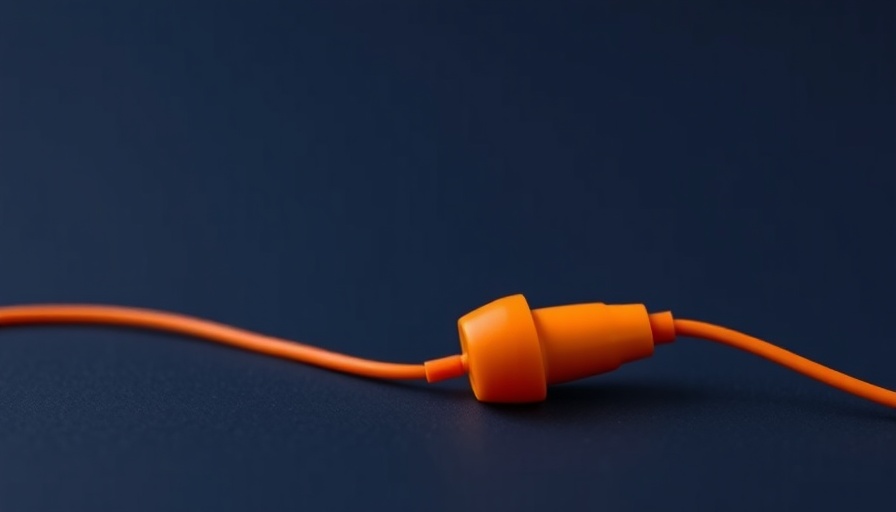
The Rise of Noise-Canceling Headphones: A Double-Edged Sword
The popularity of noise-canceling headphones has surged in recent years, providing a sanctuary from the cacophony of modern life. They are favored by tech professionals, entrepreneurs, and anyone looking to enhance their focus in bustling environments. However, a growing body of evidence raises concerns about potential cognitive consequences. A recent BBC report suggested that these advanced audio devices may be associated with an increase in auditory processing disorder (APD), particularly among young individuals. This neurological condition impairs the brain’s ability to process sound, leaving those affected struggling to comprehend spoken words amidst background noise.
Understanding Auditory Processing Disorder (APD)
Auditory processing disorder, or APD, has traditionally been linked to factors such as ear infections and neurodiversity. However, a notable spike in young people presenting with APD symptoms has raised eyebrows, with audiologists speculating that excessive use of noise-canceling headphones might play a role. According to the NHS, symptoms include difficulty understanding conversations in noisy environments and challenges in distinguishing similar-sounding words. With an increasing number of referrals, practitioners are concerned about how the technology affects brain function.
The Mechanism: How Noise-Cancelling Headphones Could Alter Brain Function
While noise-canceling headphones can significantly reduce harmful exposure to loud environments, they may inadvertently train the brain to rely too heavily on technology for filtering sounds. Audiologist Claire Benton raises a critical perspective: by continuously blocking out ambient sounds, users may inadvertently delay their brain's natural filtration development. This phenomenon results in a situation where over time, the brain may 'forget' how to filter sounds properly, further exacerbating the issues associated with APD.
Trade-offs of Modern Technology: Navigating the Risks
The question remains: are noise-canceling headphones worth the risk to cognitive processing? Experts, including David McAlpine, emphasize that while the immediate benefits to hearing health are evident, the long-term implications on our brain's processing abilities are not to be overlooked. He highlights a condition he terms “Hidden Hearing Loss,” where the brain's ability to process sound is adversely altered, even if hearing remains intact. Thus, while the technology serves a crucial role in protecting our ears from harmful noise levels, reliance on it may lead to deteriorating auditory processing abilities.
In Conclusion: Finding Balance
For many in our fast-paced world, noise-canceling headphones are a necessary tool for maintaining productivity and concentration. However, it’s essential to strike a balance. Using this technology in moderation—specifically in environments where excessive noise is present—can help mitigate potential cognitive drawbacks. Understanding the risks associated with constant use of noise-canceling technology is crucial for maintaining both hearing health and auditory processing skills. As with many aspects of modern life, finding a sensible approach to noise management may be key to preserving one’s cognitive function and overall well-being.
 Add Row
Add Row  Add
Add 




Write A Comment